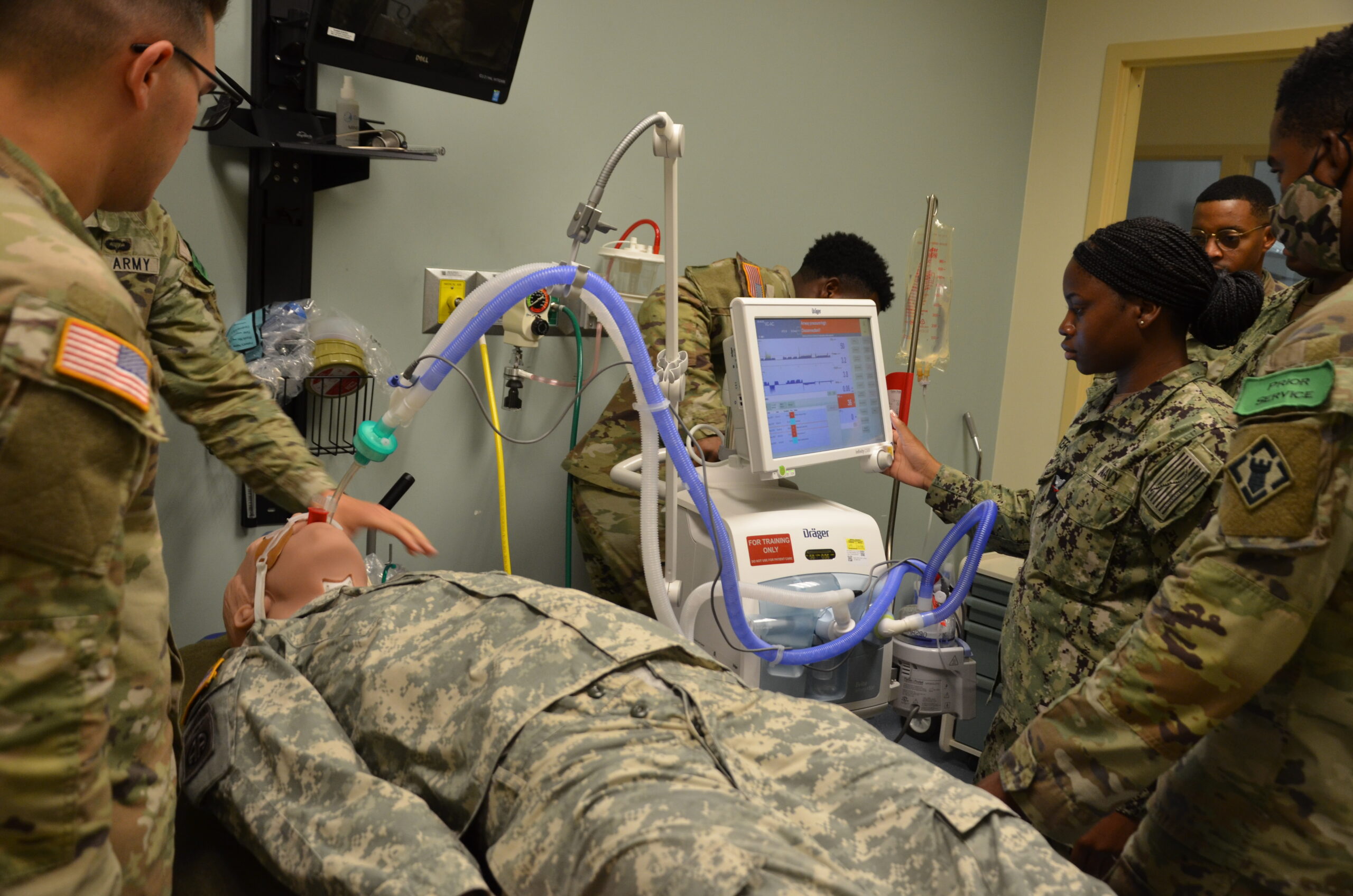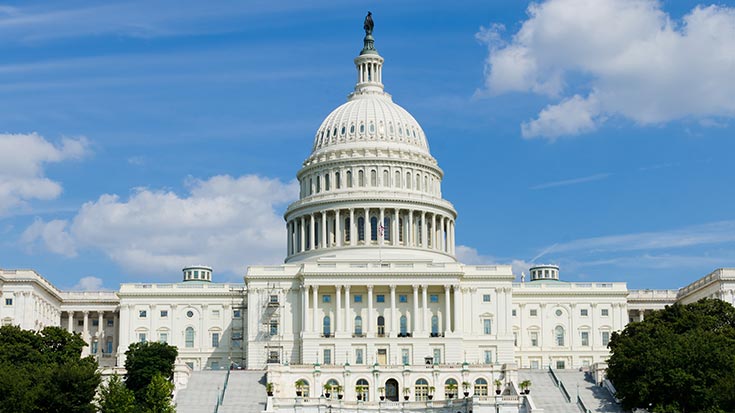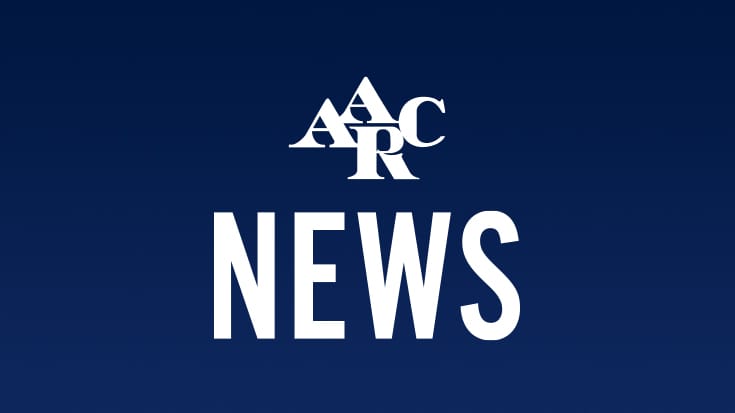
Horizon Goal 1: Advocacy: “Respiratory care provided by respiratory therapists is recognized and supported in all in healthcare settings.” Does that sound familiar? It should because it is one of the six Horizon Goals established by the AARC’s Board of Directors for 2019-2020.
A key aspect of AARC’s advocacy is its annual trip to Capitol Hill by our Political Action Contact Team (PACT) to meet face-to-face with legislators and their staff to advocate for issues important to the profession. Prior to that event, we also hold a campaign in which thousands of messages – email, Twitter, or phone calls – are blasted to the Hill prior to the PACT meetings. Our state affiliates provide similar activities at the grassroots level, engaging with their Congressional leaders when they are home in their District offices, or maybe even attending important town hall meetings. We also highlight the value of respiratory therapists in comments on federal regulations that impact the profession and provide data and scientific articles to policymakers that support legislative and regulatory initiatives related to respiratory care. But one of our strongest advocacy efforts from a national perspective and one that doesn’t get a lot of attention is collaboration with other organizations.
Collaborative advocacy efforts keeps our Association, the respiratory therapists it represents, and the patients it serves in the mainstream and has been especially important during the pandemic when we have sidelined direct messaging by RTs so they can care for patients and save lives of those infected with the coronavirus. We routinely work with other pulmonary and medical societies; however, since the COVID-19 pandemic, we have been invited to sign-on to joint comments on a variety of topics from organizations we have never worked with. The following list is a sample of the organizations we’ve worked with and the issues we’ve supported during the past few months.
- American Thoracic Society: A letter to the Senate and House Appropriations Committee Chairs urging them to consider language in the Senate FY21 Labor, Health and Human Services and Education Appropriations bill that would create a $5 million grant program for chronic diseases activity within the Centers for Disease Control and Prevention (CDC) National Center for Chronic Disease Prevention and Health Promotion budget for FY2021.
- Pulmonary Fibrosis Foundation: A request to CMS Administrator Verma to waive all in-person testing requirements for patients receiving supplemental oxygen during the pandemic, as well as for patients who require recertification for oxygen prescriptions. The groups also urged CMS to waive the requirement for signature at delivery of supplemental oxygen.
- CHEST: Comments to CMS recommending revisions to the current national coverage determination policies on home oxygen use that have not been updated for decades.
Multi-stakeholder Telehealth Coalition: Comments to CMS on the CY 2021 update to the physician fee schedule regarding support for certain telehealth proposals, including new remote patient monitoring polices that include auxiliary staff, such as RTs. - American Lung Association: Joint Comments to Rep. Cathy McMorris Rodgers in support of her bill, H.R. 8158, that would suspend the budget neutrality requirement for oxygen under the Medicare program. This was an issue we supported in Hill visits to improve payment for liquid oxygen.
- American Clinical Laboratory Association: Stakeholder letter to Congress asking them to prioritize robust federal funding for the critical testing needed to reopen the country and to provide access to testing for essential workers and frontline healthcare clinicians, among others.
- American Society for Microbiology: Stakeholder letter to Vice President Pence on the need to lead with science and the best data available during the public health emergency and to adhere to sound scientific and public health guidance from experts, including Dr. Anthony Fauci and a letter to HHS Secretary Azar thanking him for extending the public health emergency for 90 days.
- American Society of Association Executives (ASAE): Stakeholder letter to Congress with over 2,300 organizations signing-on urging Congress to expand equal eligibility under the Paycheck Protection Program (PPP) to include 501(c)(6) nonprofit organizations, such as trade associations, professional societies, chambers of commerce, business leagues and others, in any prospective COVID-19 relief measure.
- American Association for Cardiovascular and Pulmonary Rehabilitation (AACVPR): Letter from the pulmonary community to Congressional leadership asking that HR/4838/S.4151, the Sustaining Outpatient Services (SOS) Act be included in any future legislative package and that Congress require CMS to cover temporary telehealth for cardiac and pulmonary services for the duration of the public health emergency.
- Alliance for Connected Care: Stakeholder letter to Health Telehealth Caucus leaders in support of HR 7663, Protecting Access to Post-COVID-19 Telehealth Act of 2020 which takes steps to ensure Medicare beneficiaries have continued access after the public health emergency ends.
- Healthcare Leadership Council: A letter to Representatives Terri Sewell and Adrian Smith from over 300 organizations expressing strong support for H.R. 5741, the “Strengthening Innovation in Medicare and Medicaid Act” that addresses patient and provider concerns about the impact of CMS’ innovative payment models on access to care and quality of care.
- Tobacco Control Partners Coalition: Stakeholder letter to Representative Lisa Blunt Rochester in support of H.R. 7286, the Quit Because of COVID-19 Act that will ensure all Medicaid and Children’s Health Insurance Program (CHIP) enrollees have access to the full array of evidence-based tobacco cessation treatments during the public health emergency, and a letter to the ranking members of the House Appropriations Committee opposing any efforts to weaken FDA’s authority over cigars or any other tobacco products.
Check out the COVID-19 News & Resources page for links to some of these advocacy activities.
Email newsroom@aarc.org with questions or comments, we’d love to hear from you.














